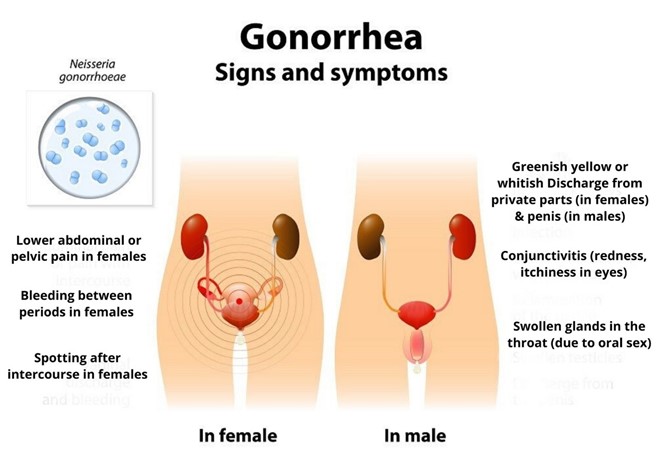A nurse working for a hospice organization should identify which of the following criteria that must be met for a client to qualify for hospice care?
The client's insurance provides coverage for palliative care.
The client requires inpatient care due to lack of a caregiver.
The client has declined additional life-prolonging treatments.
The client has documentation stating he has less than 12 months to live.
The Correct Answer is C
A. While insurance coverage is important, it is not a criterion for qualifying for hospice care. Hospice care focuses on providing comfort and support to terminally ill patients, regardless of insurance coverage.
B. Hospice care can be provided in various settings, including the home, hospice facilities, or inpatient units. The need for inpatient care due to a lack of a caregiver is not a criterion for hospice eligibility; rather, hospice focuses on the terminal nature of the illness.
C. Hospice care is a service for people with serious illnesses who choose not to get (or continue) treatment to cure or control their illness. People may choose to enroll in hospice care if the treatment is unlikely to be effective or if continuing it has become too burdensome.
D. Choice D states that the client has documentation stating they have less than 12 months to live. However, for hospice care eligibility, the standard criterion is a life expectancy of six months or less, as certified by a physician. This is a key distinction, as hospice care focuses on providing comfort and support during the final months of life, rather than extending life expectancy.
Nursing Test Bank
Naxlex Comprehensive Predictor Exams
Related Questions
Correct Answer is B
Explanation
When discussing electrical hazards with a client, the nurse should include the statement "You should limit your use of extension cords." Extension cords can be a tripping hazard and may cause electrical shocks or fires if used improperly. The nurse should also recommend using surge protectors and avoiding overloading electrical outlets. The client should be advised to unplug electrical items by pulling on the plug, not the cord, and to avoid using electrical items near water.
Correct Answer is B
Explanation
The correct answer is choice B, "Gonorrhea." Gonorrhea is a reportable infectious condition that must be reported to the Centers for Disease Control and Prevention (CDC). While genital herpes simplex virus, bacterial vaginosis, and human papillomavirus are also sexually transmitted infections, they are not reportable to the CDC. It is important to report cases of gonorrhea to the CDC for surveillance and control purposes.

Whether you are a student looking to ace your exams or a practicing nurse seeking to enhance your expertise , our nursing education contents will empower you with the confidence and competence to make a difference in the lives of patients and become a respected leader in the healthcare field.
Visit Naxlex, invest in your future and unlock endless possibilities with our unparalleled nursing education contents today
Report Wrong Answer on the Current Question
Do you disagree with the answer? If yes, what is your expected answer? Explain.
Kindly be descriptive with the issue you are facing.
